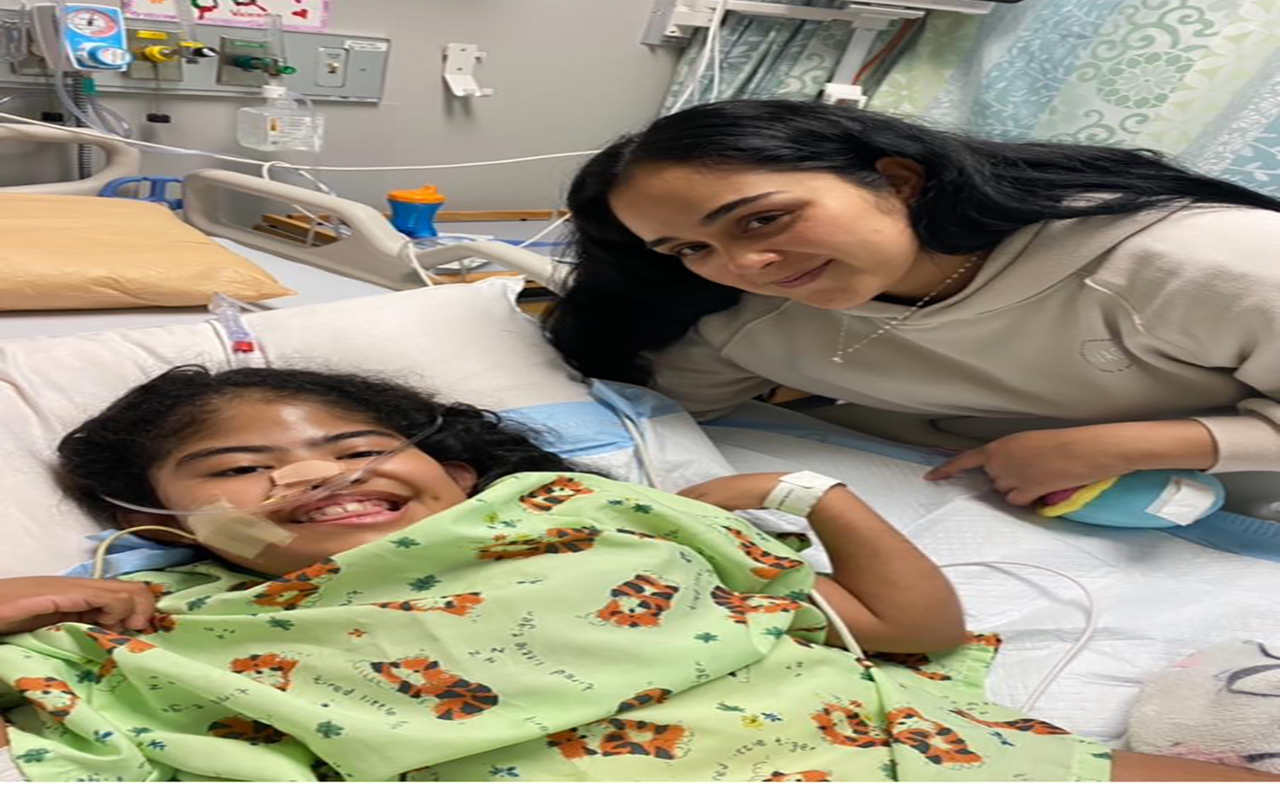
Beyond the single story of Latinos
We all benefit from collaboration, and having greater representation of Latino voices in media.
Much of American society is based on the idea of winners and losers. Sports? Check. Politics? Perhaps inevitably — but now more than ever — check. Entertainment? Even there, check. From the “Bachelorette” to “Game of Thrones,” we are fixated by competition more than anything else. Only one person gets the final rose; only one person can claim the Iron Throne.
That breakdown of the world into winners and losers is at once a product and a cause of what many economists, psychologists and the like would term a “scarcity mindset.”
A scarcity mindset is rooted in “the idea that there isn’t enough to go around,” according to a Forbes 2018 article. It is directly opposed to an abundance mindset, which is an attitude that there is enough for everyone, and, if anything, our success is not excluded by the successes of others, but rather actually founded on those successes. In other words, one person’s win is a win for all of us.
That distinction affects how we build coalitions and collaborate as groups and organizations in a myriad of ways.
Damian Rivera, subject of our cover story this week (pg. 12) and CEO of ALPFA, the organization which looks to advance Latino professionals, noted that difference in his interview with AL DÍA.
He said that part of his work is to collaborate with the organizations and committees doing the same kind of work that ALPFA does — and dispel the idea that they should be competing with one another for limited resources.
It is a perspective that can aptly be applied to the media landscape, both nationally and locally. News organizations are struggling — but scarcity of resources can present a greater window of opportunity for collaboration and possibilities for building on one another’s work.
You have national-local collaborations, like ProPublica’s Local Reporting Network and Report for America, among many others.
And here in Philly we are home to Resolve Philadelphia and the Broke in Philly initiative (of which AL DÍA is proud to be a member). Broke in Philly has been recognized as a national example of collaborative local journalism, and has inspired a number of similar collaborations in cities and regions throughout the country.
The closure of so many news media organizations and the paring down of options and voices in the media landscape can result in what novelist Chimamanda Ngozi Adichie describes in her landmark TedTalk as “The Danger of the Single Story.”
RELATED CONTENT
When the media landscape becomes a cacophony of voices competing with one another for the same scraps of people’s attention and advertisers’ money, we all lose.
We lose the space for multiple voices and perspectives; in our case, as a publication dedicated to “the best of the Latino American experience,” we lose the room to dialogue with other media outlets and contribute stories of Latinos beyond much of the mainstream media’s singular narratives of immigration and stereotypes of “Latinidad” which are superficial at best, and deeply damaging at worst.
Fortunately, here in Philadelphia we are now experiencing a growth not just of collaborative journalism, but also Spanish-language media.
The Philadelphia Inquirer now prints and publishes articles in Spanish thanks to the work of reporter Jesenia De Moya Correa and the El Inquirer initiative; Kensington Voice is a hyperlocal publication that has entirely bilingual publication (and with whom we’re partnering for a series of Cuéntame workshops); Telemundo62 provides in-depth broadcast coverage; Philatinos Radio, Dos Puntos, and PhillyCAM Latinx, and more are continuing to provide quality Spanish and bilingual content.
At AL DÍA, we’re continuing to grow our mission, as we have the past 25 years: To highlight the stories of Latinos who are often overlooked or underrecognized.
The possibilities are endless for us, and for Spanish-language media as a whole as the Latinx community continues to grow.
By working together, we can go beyond the single story of Latinos. Together, we can build a mosaic of stories about who we are, where we come from, and, perhaps most importantly, where we are going in the future in the City of Brotherly Love and Sisterly Affection.










LEAVE A COMMENT: